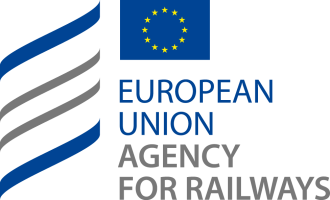
Languages & Translations at ERA
This page outlines the Agency’s practices regarding languages and translations, both on the ERA website and on the e-learning platform ERA Academy.
The European Union Agency for Railways (ERA) operates within the European Union, where linguistic diversity is both a core value and a reality. For reasons of efficiency and readiness, most documents and communications are drafted in English.
At the same time, ERA values linguistic accessibility, and thus it aims to make the documents of general application available in all official EU languages (as well as in the languages of non-EU countries participating in EU programmes). In practical terms, for specific documents, depending on the target audience and the resources available, translations are provided on a case-by-case basis. This approach allows ERA to prioritise translation efforts where they can have the greatest impact, while managing budget constraints and making the best use of public funds.
ERA also makes use of artificial intelligence tools to support translation where appropriate and when the expected quality is considered sufficiently reliable. This is the case, for example, with the “translate this page” function available on most pages of the ERA website. Such tools enable ERA to broaden access to its material in a pragmatic and cost-efficient way, while maintaining a strong commitment to accuracy and clarity.
Through this balanced approach, ERA seeks to combine efficiency with inclusiveness, ensuring that its work remains both accessible to stakeholders and consistent with the multilingual character of the European Union.